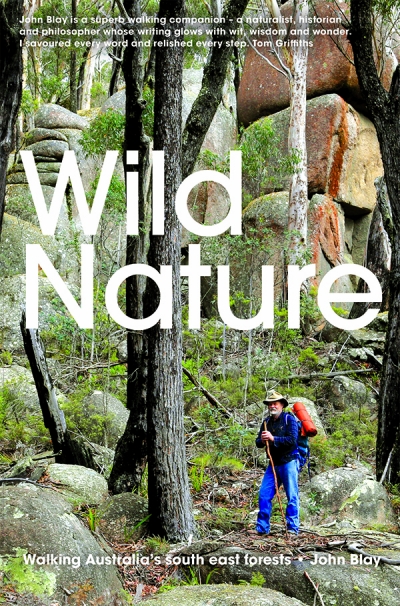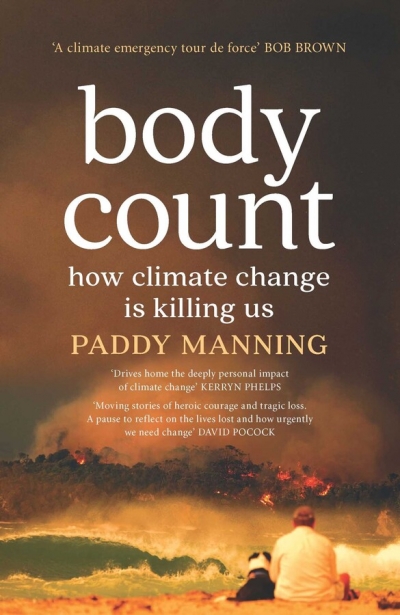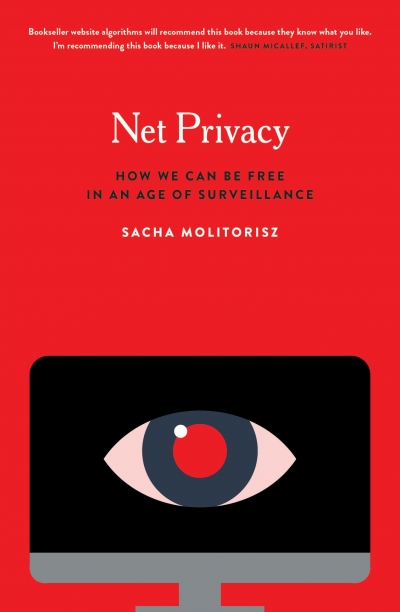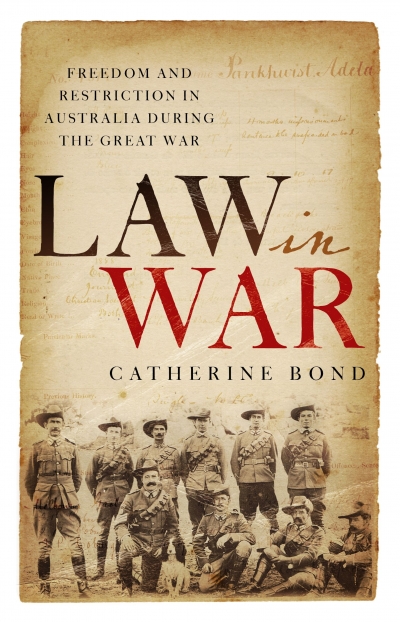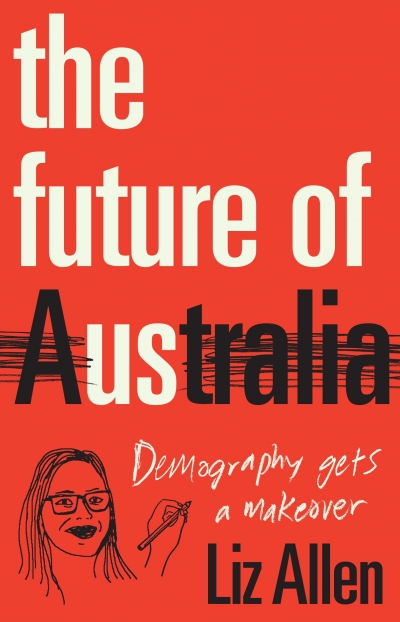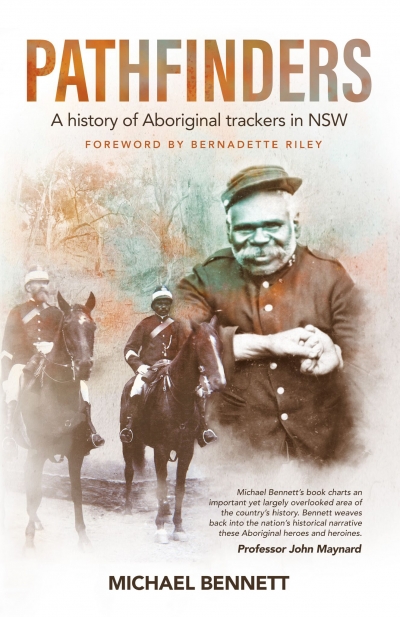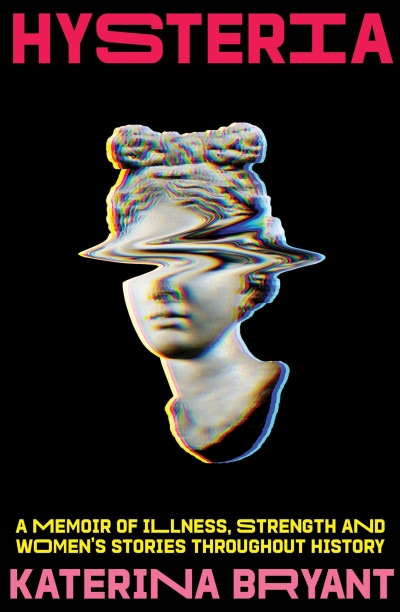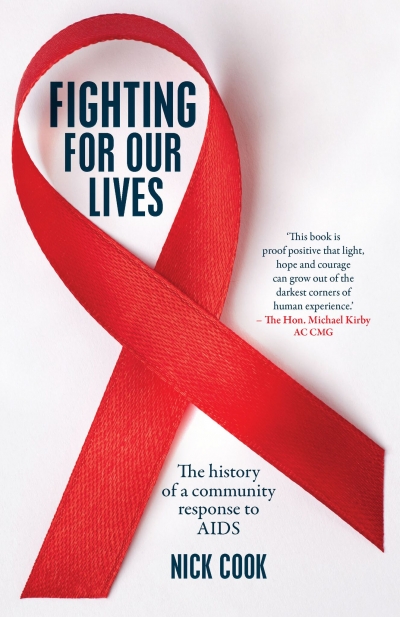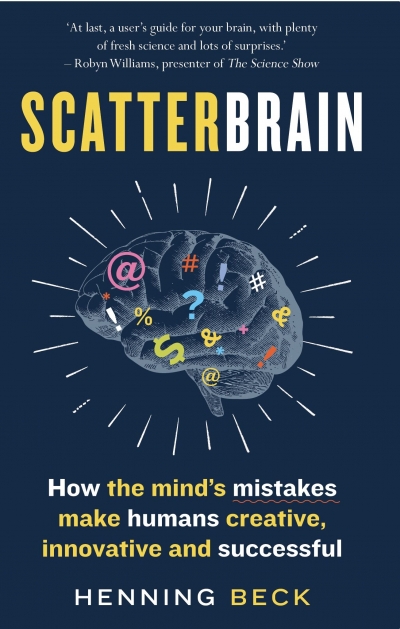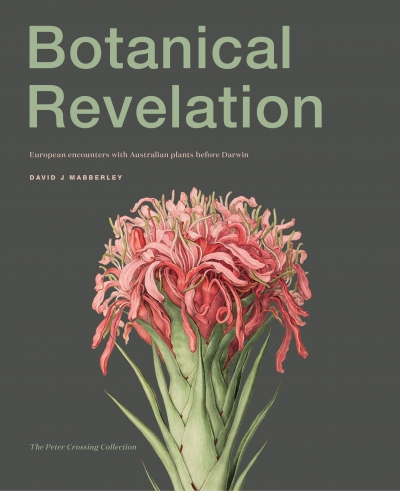NewSouth
Wild Nature: Walking Australia’s south east forests by John Blay
by Saskia Beudel •
Net Privacy: How we can be free in an age of surveillance by Sacha Molitorisz
by Alex Tighe •
Law in War: Freedom and restriction in Australia during the Great War by Catherine Bond
by Kieran Pender •
Pathfinders: A history of Aboriginal trackers in NSW by Michael Bennett
by Michael Winkler •
Hysteria: A memoir of illness, strength and women's stories throughout history by Katerina Bryant
by Rachel Robertson •
Fighting for Our Lives: The history of a community response to AIDS by Nick Cook
by Garry Wotherspoon •
Scatterbrain: How the mind’s mistakes make humans creative, innovative and successful by Henning Beck
by Nick Haslam •
Botanical Revelation: European encounters with Australian plants before Darwin by David J. Mabberley
by Danielle Clode •

